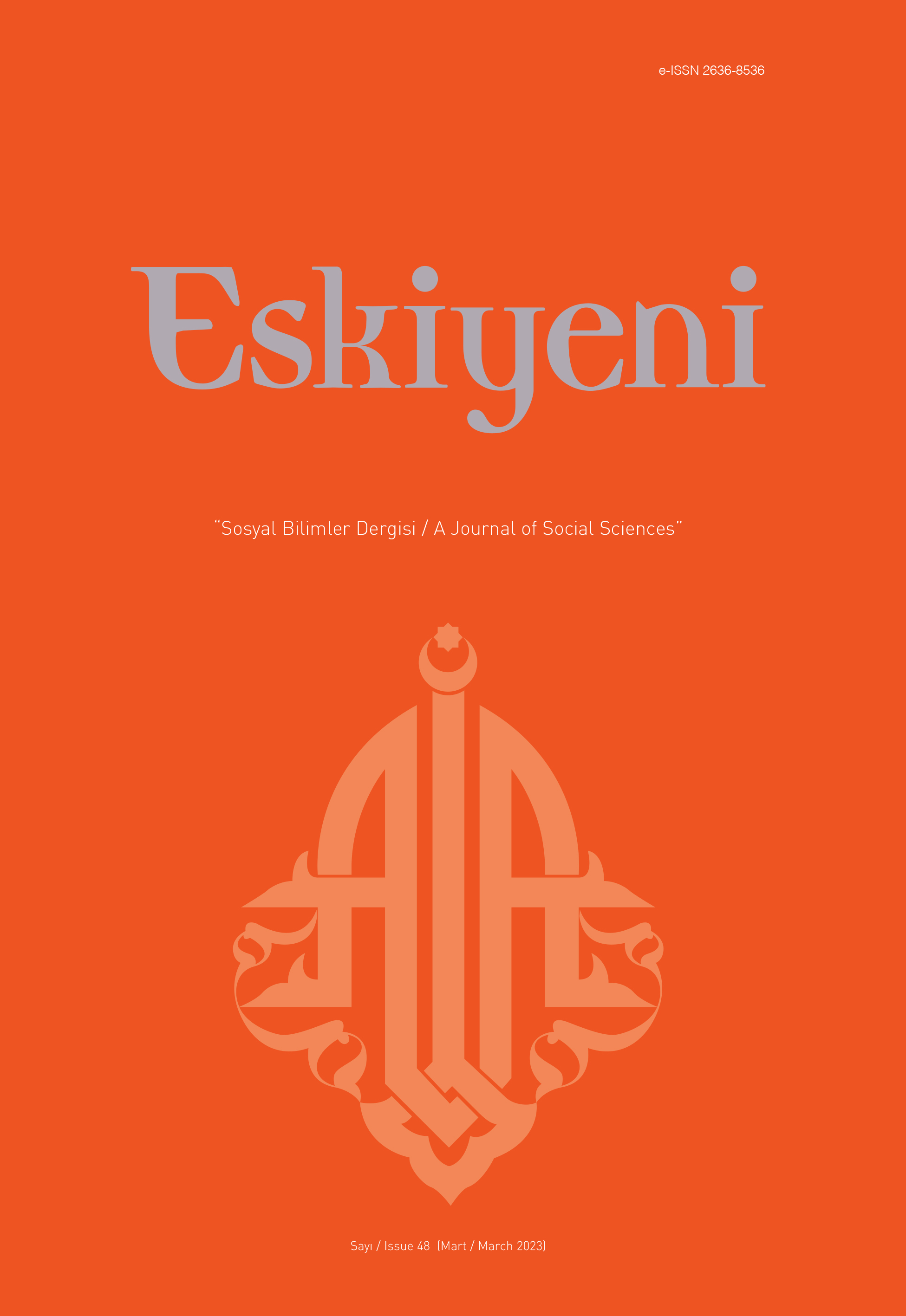Ebû Ya‘lâ el-Ferrâ’nın Tenzîhü Mu‘âviye’si Bağlamında Hanbelî Geleneğin Muâviye’ye Bakışı
The Hanbalī Tradition’s View of Mu‘āwiya in the Context of Abū Ya‘lā al-Farrā’s Tanzīh Mu‘āwiya
Author(s): İsa KOÇSubject(s): Theology and Religion, History of Islam
Published by: Anadolu İlahiyat Akademisi
Keywords: History of Islamic Sects; Hanbalism; Mu‘āwiya; Abū Ya‘lā al-Farrā; Tanzīh Mu‘āwiya;
Summary/Abstract: The events that took place among the Muslims after the death of the Prophet Muhammad brought along discussions, either collectively or in particular about the names who took the lead in these events. It is seen that the sects make different evaluations such as that all those who participated in these wars are infidels, that these issues should not be talked about, and that both sides have come to a decision based on their jurisprudence. Mu‘āwiya is among the names on which many evaluations are made about him with his power struggle with ‘Alī, his later caliphate and his activities in this period. The sects and their followers that emerged in Islamic thought have had different opinions about Mu‘āwiya and have shown a tendency to one side on these issues. Hanbalism, one of the sects of early Islamic thought with its theological dimension, deserves to be emphasized with its approaches to Mu‘āwiya. In this study, it is aimed to determine the ideas of the Hanbalī sect about Mu‘āwiya and the reasons for their adoption. It is seen that the tension between Sunnism and Shī‘ism thought and Shiites living in Baghdad, have affected the Hanbalī sect’s approaches to Mu‘āwiya. The sect’s followers, wrote works about Mu‘āwiya from early times, gave importance to this issue. Abū Ya‘lā al-Farrā, by the book titled Tanzīh Mu‘āwiya, created one of the most important classics of this subject. Taking the work of Abū Ya‘lā al-Farrā’s called Tanzīh Mu‘āwiya into the center, the presentation of the general picture of the Hanbalī sect’s thoughts on this subject; has been made in the context of the situation in the Islamic world, the policies of the states in power and the sects (Shī‘ism-Ash‘arism-Yazidism) with which the Hanbalīs have relations. In particular, the manuscript containing the work of Abū Ya‘lā el-Farrā, together with the other works in it, offers the opportunity to make essential evaluations in the context of the relationship between Hanbalism and Yazidism. The ideas of the Hanbalīs about Mu‘āwiya also necessitate taking into account issues such as the opinions about ‘Alī, the battles of the Jamal and Siffin, and the order of virtue among the companions.
Journal: Eskiyeni
- Issue Year: 2023
- Issue No: 48
- Page Range: 95-114
- Page Count: 20
- Language: Turkish

